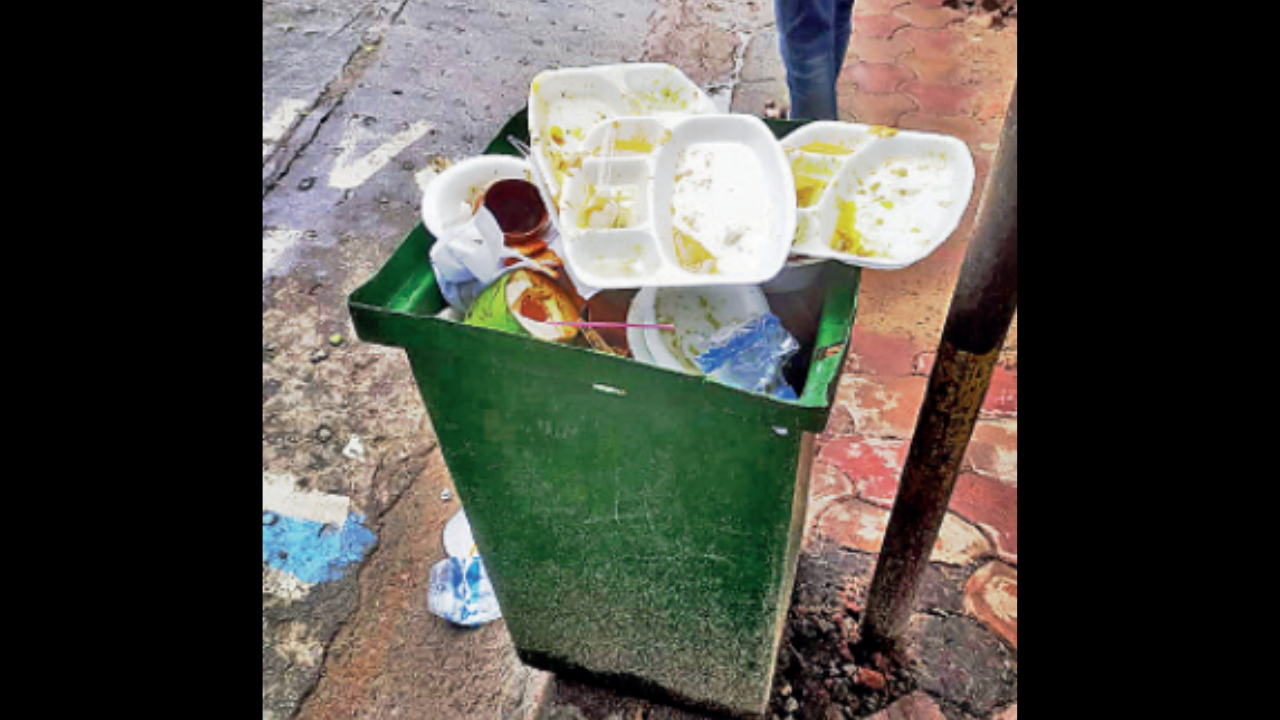
Kolkata: With a steady reduction in the use of SUP carry-bags across city retail markets, the state pollution control board (PCB) has now trained its lens on other banned items, like polystyrene, popularly known as thermocol — another non-biodegradable item — which takes around 500 years- 1 million years to degrade. The US National Toxicology Programme confirmed it as a human carcinogen.
After SUP carry-bags, polystyrene is the most commonly used and littered item. It is widely used as packaging containers to keep takeaways hot, insulate homes, and safely transport everything from fresh fish to TVs. “Yet, the devastation it causes on our natural environment is demonic,” said Ajay Mittal, director, India and South Asia (Climate Change Programs) for EARTHDAY.ORG.
“Like thinner plastics, polystyrene is playing havoc with the drainage system, going into water bodies, and being consumed by aquatic creatures, thus entering our food chain. We have already made a comprehensive list of their manufacturers for a complete ban on the production,” said a senior PCB official. The Plastic Waste Management Amended Rules, 2021, prohibit the use of polystyrene along with SUP.
PCB also made an appeal for use of paper plates without thin plastic coating or plates made up of sal leaves and other biodegradable materials, particularly earthen or reusable metal utensils. In case of packaging, polystyrene materials must be thicker and reusable, and need to be recycled.
“Polystyrene leaches into foods and drinks served in such containers, causing contamination. When the container is exposed to sunlight, it creates harmful air pollutants that contaminate landfills and deplete the ozone layer. It releases large amounts of ozone into the atmosphere when manufactured, causing respiratory issues. Billions of styrofoam cups used in convenience stores, restaurants and lunch rooms end up in landfills,” said Sadhan Ghosh, professor of chemical engineering with Calcutta University.
“We must reject polystyrene products when served food. Have food wrapped in paper or sal leaves,” said environment activist Subhas Datta.







